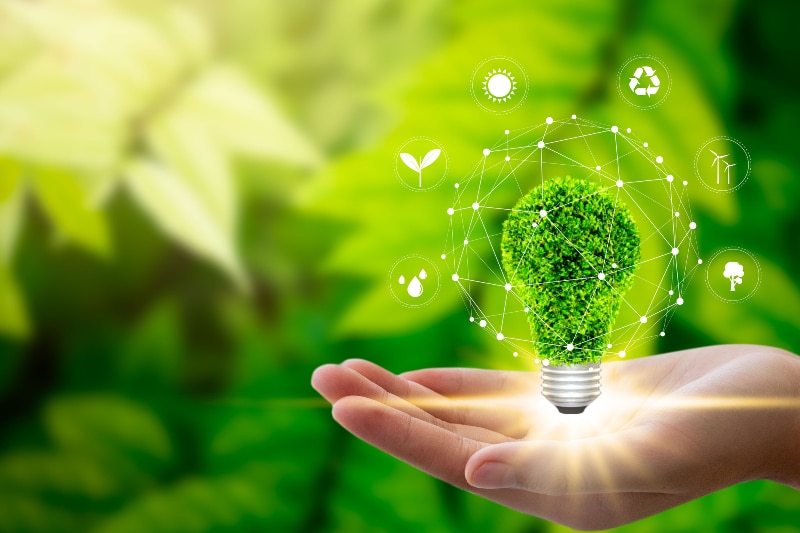The Malaysian Government has rolled out the National Energy Policy 2022-2040 (NEP) with key goals of enhancing macroeconomic resilience and energy security, achieving social equitability and affordability, and ensuring environmental sustainability. NEP sets up a series of new targets to help Malaysia become a low-carbon nation by 2040.
The policy frameworks will raise Malaysia’s overall share of renewable energy in the total primary energy supply to 17% and total installed capacity of renewable energy to 18.4GW in 2040. The policy also aims to reduce the installed coal capacity by 18.6%, increase electric vehicles to 38%, increase residential and industrial/commercial energy efficiency savings to 10% and 11%, respectively and increase 25% more liquefied natural gas (LNG) as an alternative fuel for marine transportation.
The NEP further intends to achieve a national energy mix of 27% oil products, 39% natural gas, 17% coal, 4% bioenergy, 4% solar, 4% hydropower, and 9% hydropower by 2040. As part of the efforts, the national energy company Petronas has introduced Gentari, a provider of sustainable energy solutions that includes hydrogen, green transportation, and renewable energy. Three SK Group firms from South Korea have partnered with Gentari on clean energy cooperation. Three affiliates will have different functions such as SK Materials works with the production of advanced materials, SK Ecoplant engages in construction and recycling and SK Signet produces fast chargers and ultra-fast chargers for electric vehicles.
(Sources: Business Today; The Edge Markets; Paultan)
